Alice Rawsthorn’s choice of design films for Milan Design Film Festival 2019
The Milan Design Film Festival kicks off this week! This annual film event takes place every October, in the heart of one of Milan’s liveliest design and fashion districts. We take a look at the design films chosen by British design critic, author and this year’s MDFF guest curator, Alice Rawsthorn.
In making her choice for this year’s festival Rawsthorn first had to answer the question what is a “Design Film”? On the MDFF website she asks “Is it a film that questions an intriguing or predictive aspect of design in the traditional form of a documentary? Can it be a film that focuses on something else, also revealing something new or surprising to us about design and its impact on our lives? Or should it be an example of the design itself: both for the quality of its artistic direction, sequences of titles, costumes and sets, and for the ingenious technological aspect with which it was made? For me, a “design film” can cover one or all of those roles.”
The oldest film of her selection is One Week, a silent short film made in 1920, co-written, co-directed and edited by Buster Keaton. “Like many of Keaton’s films, it is an incisive critique of consumerism” she explains. In this film, a newly married man’s wedding gifts include a do-it-yourself home kit, designed to be assembled within a week. Remember the classic black and white film clip where the side of a house falls down and the space where a window should be falls strategically and comically around exactly where a man is standing, leaving him miraculously unscathed? That’s Buster Keaton’s One Week.

Another of Rawsthorn’s selected films is Jean-Luc Godard’s Two or Three Things I Know About Her which compares consumerism to prostitution. The character Juliette, played by Marina Vlady lives with her husband and her son in an expensive suburban apartment.

Deserto Rosso (Red Desert) of 1964 is “equally bleak” and explores the brutal impact of industrialisation on a once pristine area of forest.

As for the films that use “design as a strategic tool to seduce the public, the French Marcel L’Herbier led the way in the Twenties by commissioning avant-garde artists, architects and designers to work on his silent images”, Rawthorne explains how L’Inhumaine (The Inhuman Woman) of 1924 is “a singular mix of modern melodrama and ancient science fiction. Working with the talented Brazilian set designer Alberto Cavalcanti, who later became a successful filmmaker, L’Herbier persuaded one of the leading French Art Deco architects, Robert Mallet-Stevens, to design opulent modern houses as sets. The artist Fernand Léger collaborated with a scientific laboratory, the couturier Paul Poiret designed costumes and the glass designer René Lalique created props.”

Alain Resnais’ ‘exquisitely styled’ 1961 film, Last Year at Marienbad is also on this notable list together with design documentary Une Ville à Chandigarh.

The Truth About Killer Robots, a 2018 documentary made by Russian director Maxim Pozdorvkin also makes the grade.

Last but not least is a “remarkable documentary that satisfies all the other possible functions of a design film”, The Man with a Movie Camera, a silent film of 1929.
If you can’t make the festival to see The Man with a Movie Camera, you might want to take a listen to Michael Nyman, Ian Christie, Larushka Ivan-Zadeh, Alexei Popogrebsky and Matthew Sweet discussing the impact of ‘the greatest documentary of all time’ on BBC Radio 3.

The whole Milan Design Film Festival programme examines diverse genres and filmmaking techniques (documentaries, entertainment, feature films, short films and clips) as well as a series of discussion and workshops with designers, architects, producers, directors, critics, professors and students from Italy and the world.
This year MDFF is also promoting a biennial Architecture Film Award (AFA) with a total prize value of €10,000.
The Festival runs 24-27 October. See the complete programme on the MDFF website.




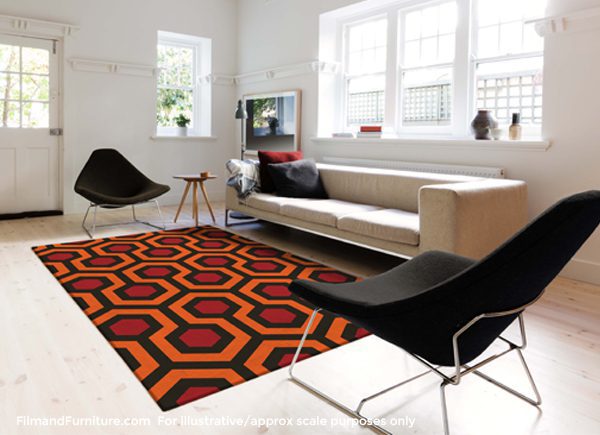
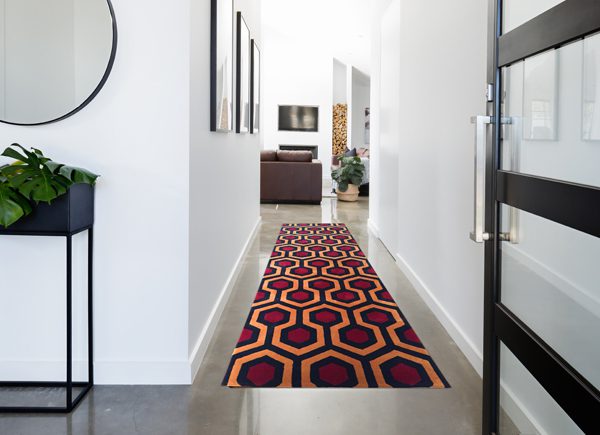
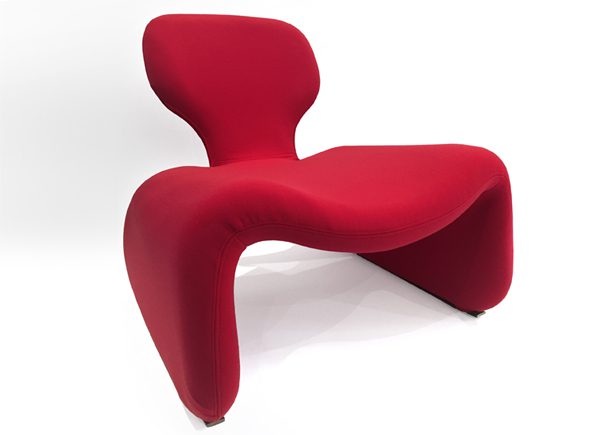
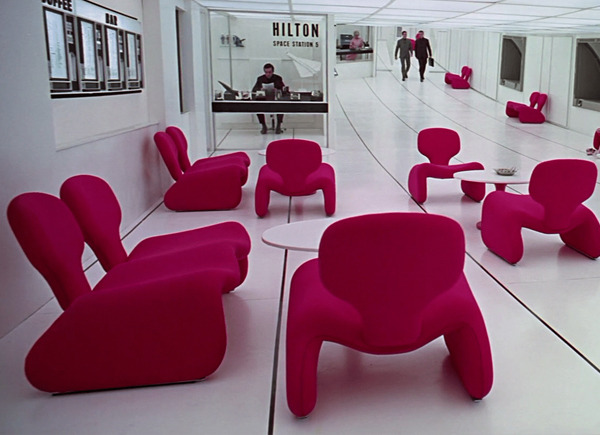
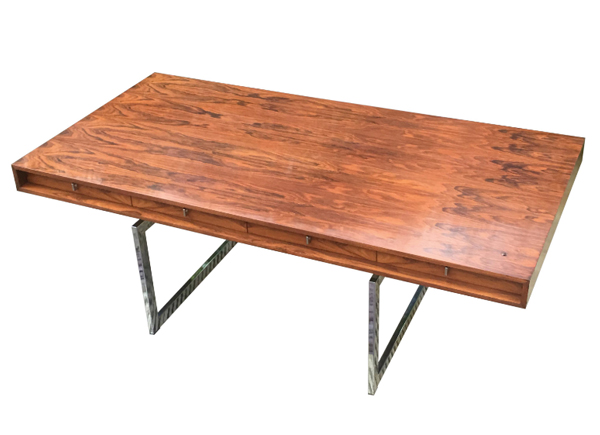
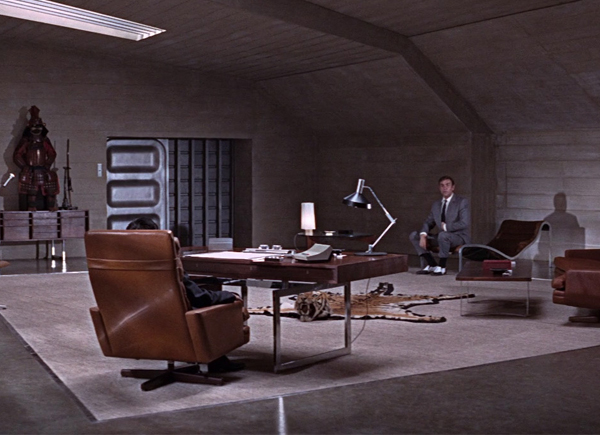
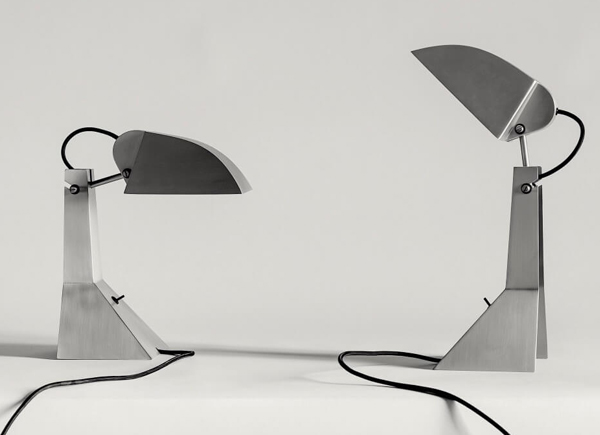
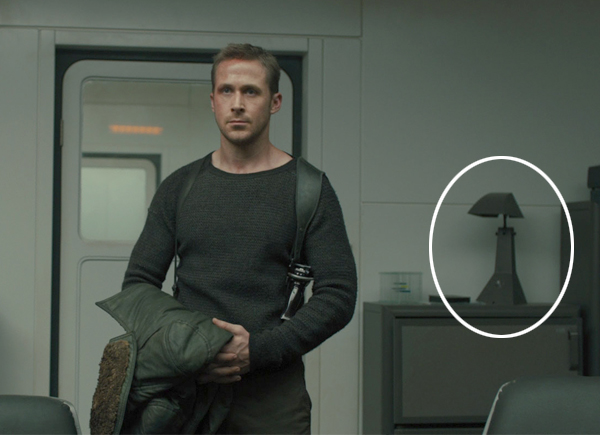
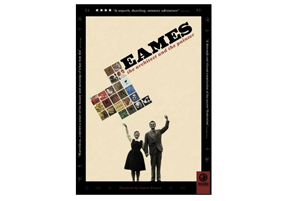
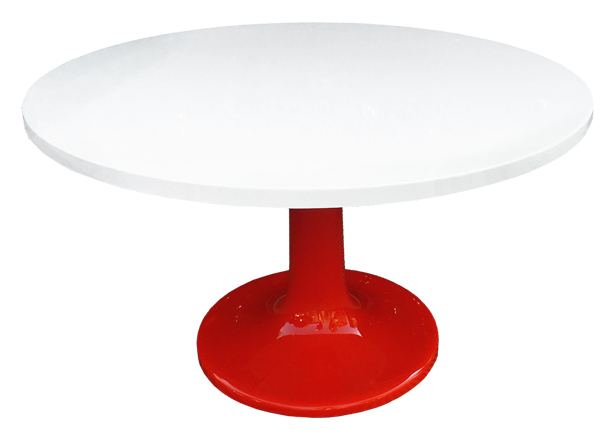
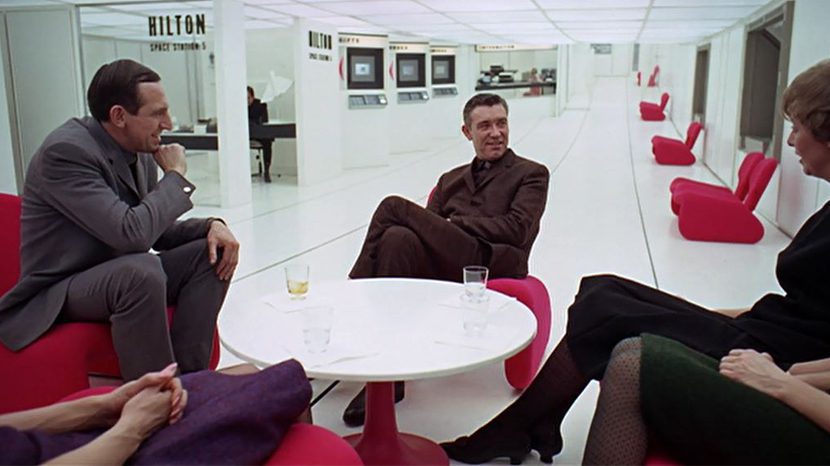

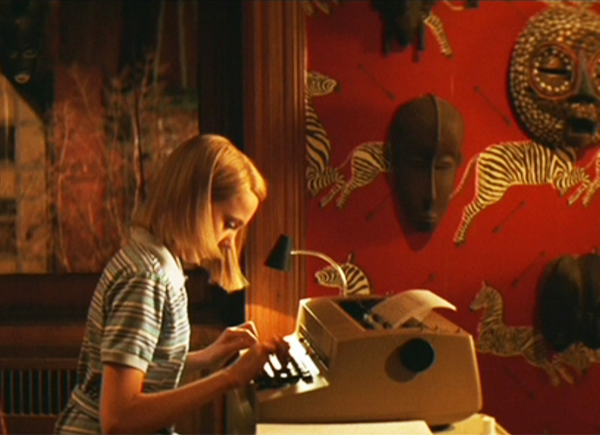

 Facebook
Facebook Twitter
Twitter Instagram
Instagram Pinterest
Pinterest RSS
RSS